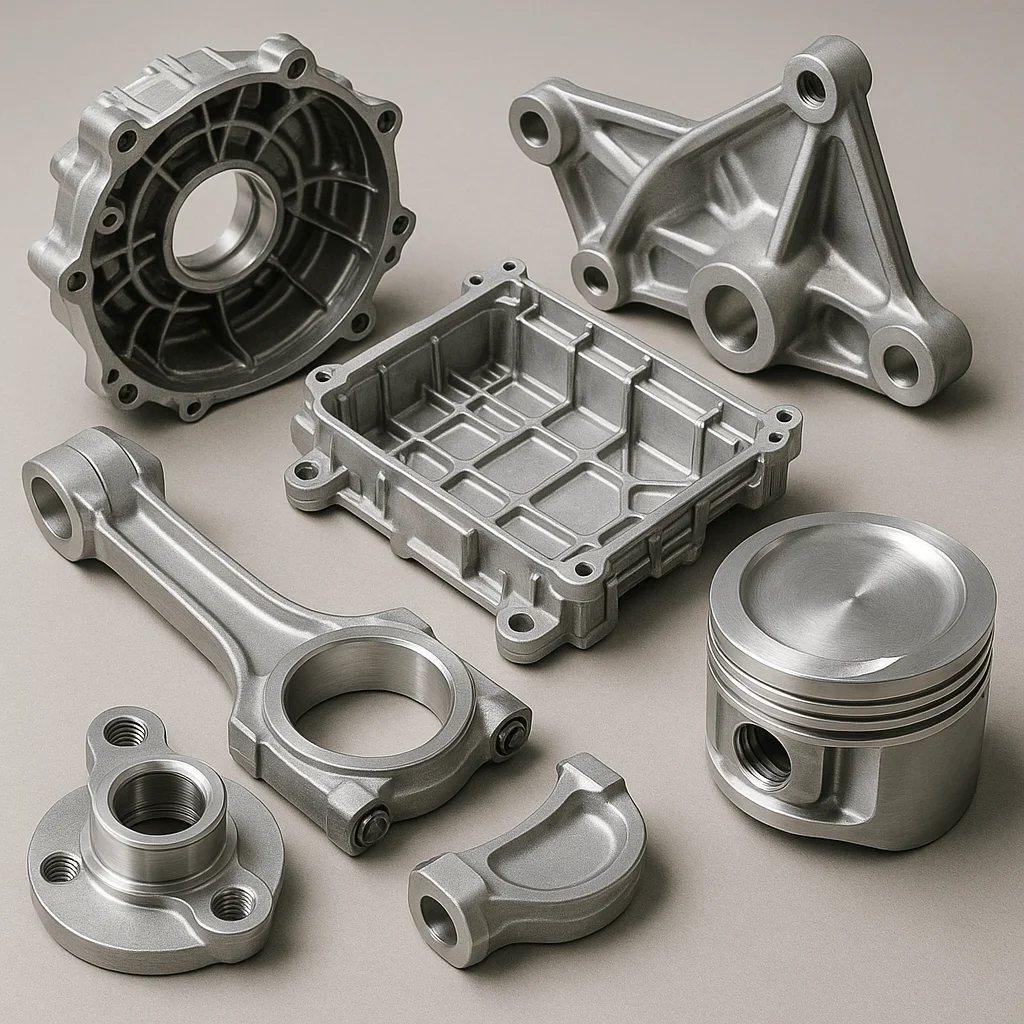Nickel-based alloys, often referred to as superalloys, are materials that offer exceptional performance in extreme environments. These alloys are primarily composed of nickel and are known for their high strength, corrosion resistance, and ability to withstand high temperatures. This makes them ideal for numerous industrial applications, including aerospace, power generation, and chemical processing.
In this article, we will explore the applications and benefits of nickel-based alloys, highlighting their unique properties and why they are indispensable in many high-demand industries.
Nickel-base alloys are engineered materials that incorporate nickel as the principal element. These alloys are designed to maintain their mechanical properties and resist oxidation and corrosion even at elevated temperatures. They often include other elements such as chromium, molybdenum, and cobalt to enhance their performance and provide additional properties like increased strength and thermal stability.
Key Properties of Nickel Base Alloys
- High Strength: Nickel-base alloys maintain their strength at high temperatures, making them suitable for applications where durability is crucial.
- Corrosion Resistance: These alloys resist oxidation and corrosion, which is essential for applications in harsh chemical environments.
- Thermal Stability: Nickel alloys exhibit excellent thermal stability, ensuring they remain intact and effective even in fluctuating temperatures.
- High Temperature Resistance: With the ability to withstand extreme heat, nickel-base alloys are ideal for use in high-temperature environments.
Applications of Nickel Base Alloys
Aerospace Industry
In the aerospace industry, nickel-base alloys are used extensively due to their ability to endure high temperatures and stress. They are commonly found in:
- Jet Engines: Components such as turbine blades, combustion chambers, and exhaust systems are often made of nickel alloys to withstand the high temperatures and pressures encountered during flight.
- Spacecraft: Nickel alloys are used in various parts of spacecraft, providing the necessary strength and resistance to temperature variations experienced in space.
Power Generation
Nickel-based alloys play a critical role in power generation, particularly in gas turbines and nuclear reactors. Their high temperature resistance and strength make them ideal for:
- Gas Turbines: Nickel alloys are used in turbine blades and other components, where they help improve efficiency and durability.
- Nuclear Reactors: The corrosion resistance and thermal stability of nickel alloys make them suitable for use in nuclear reactor components, ensuring safe and efficient operation.
Chemical Processing
In the chemical industry, nickel-based alloys are valued for their ability to resist corrosion and maintain structural integrity in aggressive environments. They are often used in:
- Heat Exchangers: These alloys are used in heat exchangers that handle corrosive chemicals, ensuring longevity and reliability.
- Piping Systems: Nickel alloys are employed in piping systems to transport corrosive substances without degradation.
Oil and Gas Industry
The oil and gas industry demands materials that can withstand harsh environments and high pressures. Nickel-base alloys are used in:
- Drilling Equipment: These alloys provide the necessary strength and corrosion resistance for drilling equipment used in offshore and onshore operations.
- Pipeline Construction: Nickel alloys ensure the durability and reliability of pipelines transporting oil and gas over long distances.
Benefits of Using Nickel Base Alloys
Longevity and Durability
One of the primary benefits of nickel-base alloys is their longevity. These materials maintain their mechanical properties over extended periods, reducing the need for frequent replacements and maintenance. This durability translates to cost savings and increased efficiency in various applications.
Resistance to Extreme Conditions
Nickel-based alloys are engineered to perform in extreme conditions, including high temperatures, corrosive environments, and high-stress applications. This resistance ensures that components made from these alloys remain functional and reliable under challenging circumstances.
Improved Efficiency
In applications such as aerospace and power generation, the use of nickel-based alloys can lead to improved efficiency. Their ability to withstand high temperatures allows engines and turbines to operate at higher temperatures, increasing efficiency and reducing fuel consumption.
Versatility
Nickel-based alloys offer versatility in their applications. They can be tailored to meet specific requirements by altering their composition, making them suitable for a wide range of industries and applications.
Conclusion
Nickel-based alloys are indispensable in many high-demand industries due to their unique properties and performance capabilities. From aerospace to chemical processing, these alloys provide the strength, corrosion resistance, and thermal stability necessary for challenging applications.
As technology continues to advance, the demand for materials that can withstand extreme conditions will only grow. Nickel-based alloys, with their proven track record and unmatched performance, will continue to play a vital role in shaping the future of industries worldwide.
By understanding the applications and benefits of nickel-base alloys, businesses can make informed decisions and leverage these materials to enhance their operations and achieve greater success.









